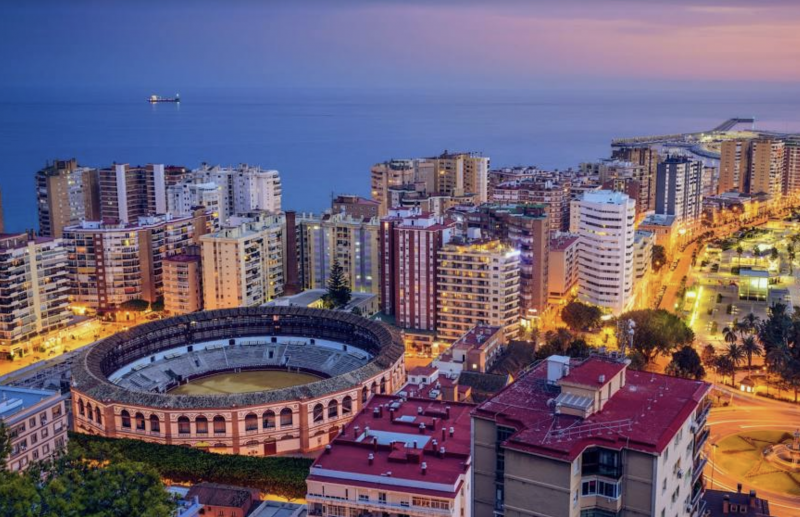But did you know the reason why?
The rationale behind Google's selection of Malaga as the destination for its cutting-edge cybersecurity centre stems from the company's affiliation with VirusTotal. When the tech behemoth acquired VirusTotal in 2012, its founder, Bernardo Quintero, now a key figure in Google's cybersecurity division, staunchly declared, "I’m staying in Malaga!" VirusTotal, based in Malaga, has been diligently scanning online data and documents for viruses ever since.
Quintero's fervent promotion of his hometown and the existing ties between Google and Malaga prompted Google executives to choose the city as the site for their new global cybersecurity centre earlier this year. Subsequently, tech giants like Vodafone, Dekra, Globant, and TDK announced their plans to establish a presence in Malaga, many of them within the Málaga Tech technology park.
The exact inauguration date for Google's forthcoming building remains uncertain, primarily due to the intricate and time-consuming refurbishment of the historic structure on Paseo de la Farola in the port area of the provincial capital.
The upcoming 2,500-square-metre complex will host over 40 engineers from the VirusTotal team, with anticipation of additional hires in the future. The facility will include training rooms for conferences, workshops, and tutorials focused on cybersecurity.
Dubbed 'the Google effect,' the impact on Malaga is already evident. An increasing number of technology companies and investment funds overseeing office spaces are vying for locations near the impending Google building, as reported by the city of Malaga's investment office. This surge represents a golden opportunity for Malaga to further establish itself as a prominent technology hub.
Raúl López, Malaga's councillor for Urban Planning, remarks, "Many companies aspire to set up shop near Google, particularly on Paseo de la Farola or in La Malagueta. However, there's also significant interest in the Soho district and the historic centre."
Highlighting Google's commitment to Spain, Malaga isn't the sole recipient of Google's investments. Following discussions between Google Iberia vice-president Fuencisla Clemares and Spain’s Digital Transformation Minister Nadia Calviño, the company disclosed plans for additional projects contributing 650 million euros over five years to bolster Spain's digitalization. Clemares emphasized the necessity of collaboration between the public and private sectors for innovation and socio-economic progress, expressing pride in Google's role in Spain's digital transformation.

